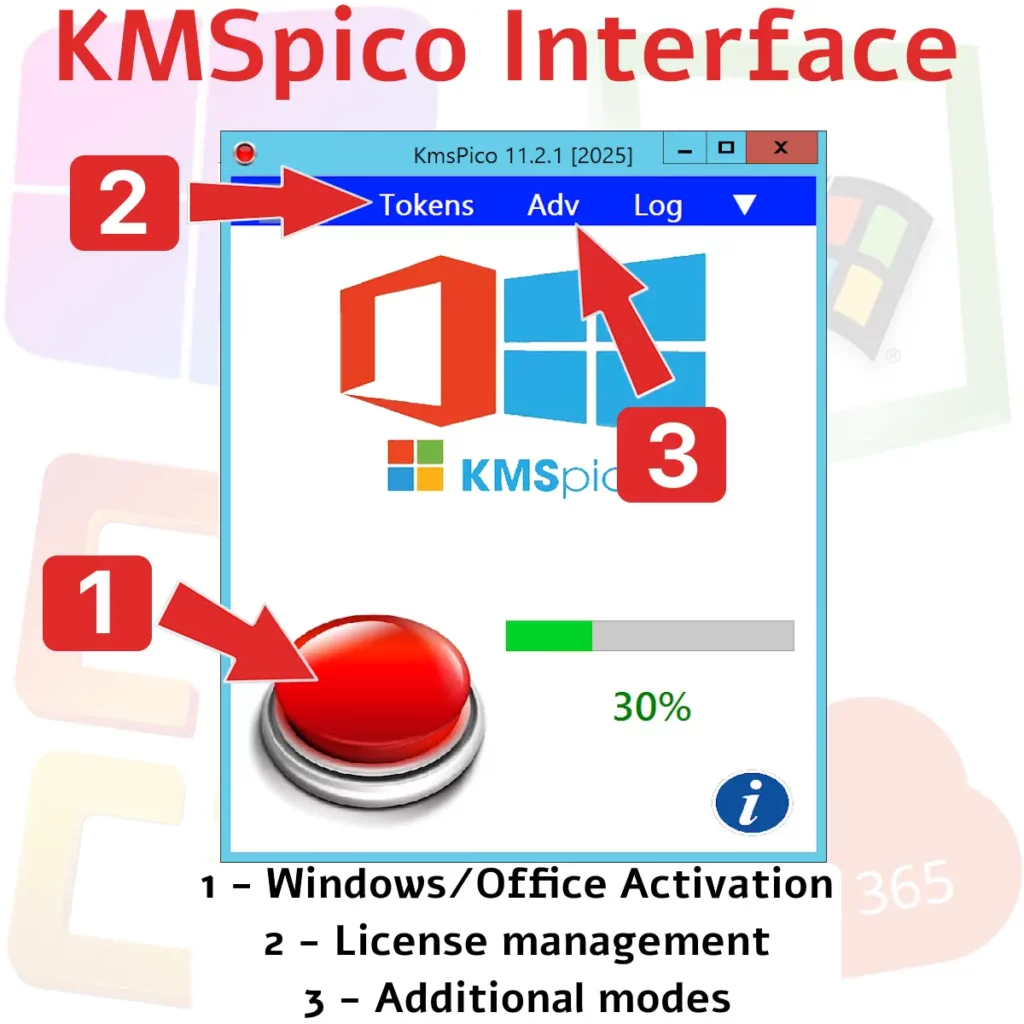Software licensing often involves finding cost-effective and secure activation methods. One popular tool is KMSPico, a Windows 10 activator. It activates Windows operating systems and Microsoft Office products without legitimate licenses. While it seems like a cost-saving solution, it raises security and ethical concerns.
Understanding How Windows 10 Activators Work
Windows 10 activator tools like KMSPico use the Key Management Service (KMS) to bypass Microsoft’s official activation requirements. By mimicking a local KMS server, these tools trick the system into thinking it’s authorized. This method’s convenience has led to widespread use among users avoiding licensing fees.
Running such tools in isolated virtual machines (VMs) can prevent malware or unwanted changes from affecting primary environments. Common lab constraints include limiting VMs to 4 GB RAM and two CPU cores for testing.
The Mechanics Behind KMSPico Windows 10 Activator
KMSPico modifies system registry entries and replaces files related to the Software Protection Platform for Windows activation without proper licensing validation.

Monitoring tools like ‘Procmon’ can detect unauthorized alterations in real-time, crucial for maintaining system integrity while experimenting with software activators.
Security Risks of Using Windows 10 Activators
Using a Windows 10 activator may save money initially but carries hidden risks:
- Malware Threats: Unofficial versions often include malware or adware, leading to data breaches or unauthorized access to sensitive information.
- Patching Issues: KMSPico alters critical components necessary for security updates, potentially causing systems to miss vital patches and remain vulnerable to new exploits.
KMSPico’s Compatibility Issues with Windows Versions Beyond Windows 10
The release of new operating systems like Windows 11 has changed compatibility requirements for activators like KMSPico for Windows versions beyond Windows 10, leading users to seek risky activation solutions that expose systems further.
This requires consistent vigilance when deploying such techniques in updated environments.
The Ethical Considerations of Activation Bypasses
Apart from security concerns, using tools like the KMSPico office activator involves ethical issues related to software piracy and intellectual property violations:
Navigating Safe Testing Environments with a Focus on Windows Activators
A responsible approach includes thorough testing before implementing any third-party application across production networks—especially those boasting capabilities akin to commercial-grade antivirus evasion techniques used by advanced threat actors targeting corporate infrastructures today.”
The Role of Virtual Machines
Labs with constrained resources—like VM snapshots taken every five minutes during tests—help assess impact without risking broader infrastructure integrity during controlled usage trials!
Mitigation Strategies Post-Activation Attempts
If usage is unavoidable despite warnings outlined above, employing robust endpoint protection solutions alongside regular audits using commands like вЂslmgr’ helps ensure continued compliance while mitigating post-activation vulnerabilities discovered long after initial deployment phases are complete.
In practice, it helps to record inputs, outputs, and system limits, then verify the same sequence on a fresh snapshot before edits.
